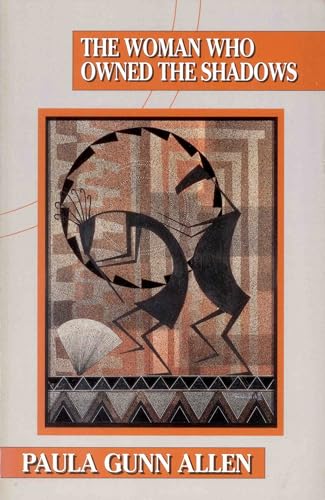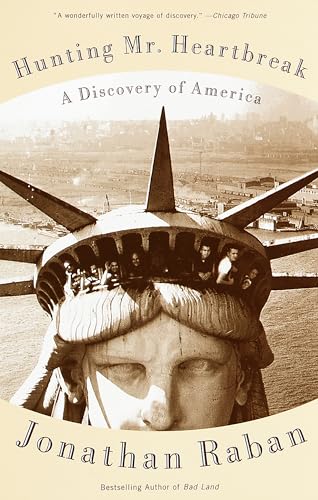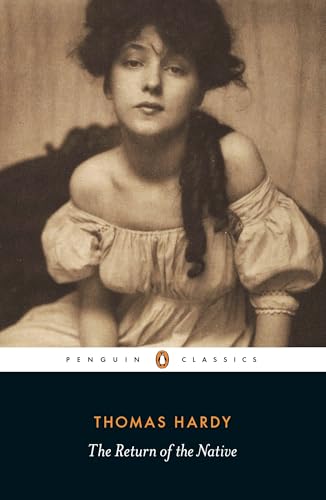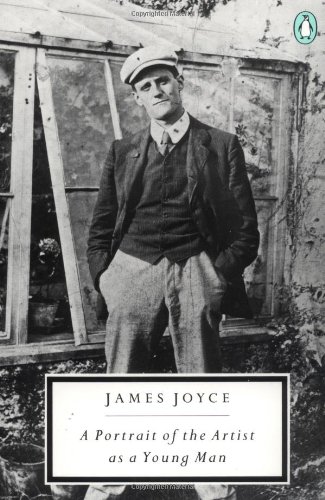highschool booklist
Explore our essential high school booklist featuring must-read titles for students. Discover classic literature, modern novels, and curriculum favorites to enhance learning and enjoyment.


Book
Invisible Man
by Ralph Ellison
NATIONAL BOOK AWARD WINNER • NATIONAL BESTSELLER • In this deeply compelling novel and epic milestone of American literature, a nameless narrator tells his story from the basement lair of the Invisible Man he imagines himself to be. One of The Atlantic’s Great American Novels of the Past 100 Years He describes growing up in a Black community in the South, attending a Negro college from which he is expelled, moving to New York and becoming the chief spokesman of the Harlem branch of "the Brotherhood," before retreating amid violence and confusion. Originally published in 1952 as the first novel by a then unknown author, it remained on the bestseller list for sixteen weeks and established Ralph Ellison as one of the key writers of the century. The book is a passionate and witty tour de force of style, strongly influenced by T.S. Eliot's The Waste Land, James Joyce, and Dostoevsky.




Book
The Plague
by Albert Camus
“Its relevance lashes you across the face.” —Stephen Metcalf, The Los Angeles Times • “A redemptive book, one that wills the reader to believe, even in a time of despair.” —Roger Lowenstein, The Washington Post A haunting tale of human resilience and hope in the face of unrelieved horror, Albert Camus' iconic novel about an epidemic ravaging the people of a North African coastal town is a classic of twentieth-century literature. The townspeople of Oran are in the grip of a deadly plague, which condemns its victims to a swift and horrifying death. Fear, isolation and claustrophobia follow as they are forced into quarantine. Each person responds in their own way to the lethal disease: some resign themselves to fate, some seek blame, and a few, like Dr. Rieux, resist the terror. An immediate triumph when it was published in 1947, The Plague is in part an allegory of France's suffering under the Nazi occupation, and a timeless story of bravery and determination against the precariousness of human existence.

Book
Steppenwolf
by Hermann Hesse
Harry Haller is a sad and lonely figure, a reclusive intellectual for whom life holds no joy. He struggles to reconcile the wild primeval wolf and the rational man within himself without surrendering to the bourgeois values he despises. His life changes dramatically when he meerts a woman who is his opposite, the carefree and elusive Hermine. The tale of the Steppenwolf culminates in the surreal Magic Theater—for mad men only. Steppenwolf is Hesse’s best-known and most autobiographical work. With its blend of Eastern mysticism and Western culture, it is one of literature’s most poetic evocations of the soul’s journey to liberation. Originally published in English in 1929, the novel’s wisdom continues to speak to our souls and marks it as a classic of modern literature.

Book
Darkness at Noon
by Arthur Koestler
An aging Bolshevik falls victim to the revolutionary dictatorship he has helped create.

Book
Leaves of Grass
by Walt Whitman
One of the great innovative figures in American letters, Walt Whitman created a daringly new kind of poetry that became a major force in world literature. Leaves Of Grass is his one book. First published in 1855 with only twelve poems, it was greeted by Ralph Waldo Emerson as "the wonderful gift . . . the most extraordinary piece of wit and wisdom that America has yet contributed." Over the course of Whitman's life, the book reappeared in many versions, expanded and transformed as the author's experiences and the nation's history changed and grew. Whitman's ambition was to creates something uniquely American. In that he succeeded. His poems have been woven into the very fabric of the American character. From his solemn masterpieces "When Lilacs Last in the Dooryard Bloom'd" and "Out of the Cradle Endlessly Rocking" to the joyous freedom of "Song of Myself," "I Sing the Body Electric," and "Song of the Open Road," Whitman's work lives on, an inspiration to the poets of later generations.